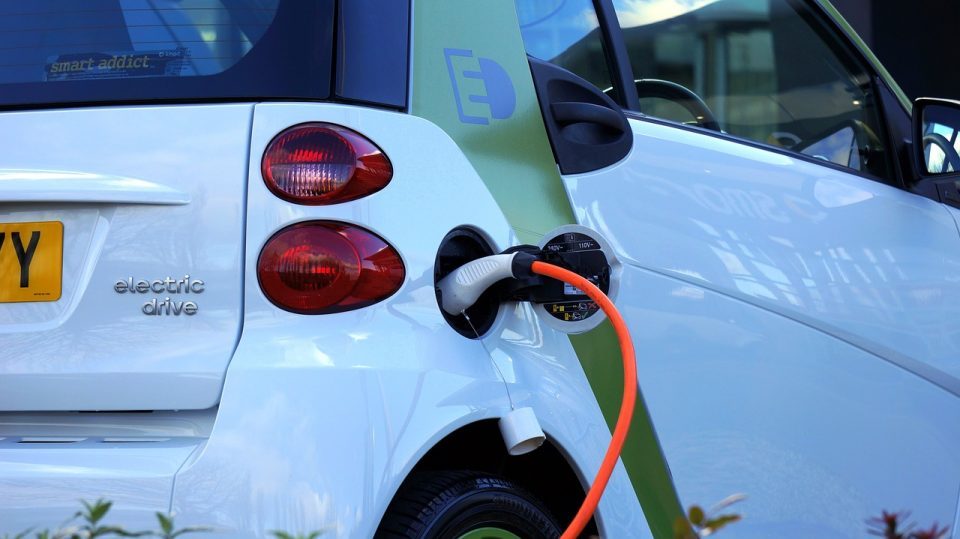When former President Obama mandated higher fuel standards for the automotive industry back in 2011, the industry, eager to comply, responded by investing billions of dollars into “green alternatives” that included a variety of options that achieved just that, better mileage. Whether or not these are really environmentally friendly/green alternatives is questionable on many levels. Remember, oil was at $112 per barrel when Obama signed his mandate. With all of the investment and marketing strategies being employed by virtually every manufacturer, recent sales performances by Hybrids, BEVs, PHEVs, and FCEVs lead one to speculate that America isn’t quite ready to walk away from the combustion engine just yet. President Trump’s elimination of Obama’s mandate suggests that some manufacturers may have acted too quickly, and consumers can care less.
Tesla sales are perhaps the one and only alternative outlier in the conversation. Tesla is more of a luxury, status brand than anything else. Folks who are eager to do their part in eliminating our dependence on fossil fuels, but still want to show their neighbors that they have money, invest in a Tesla. Volvo is working hard to change Tesla’s dominant position in the market and will soon be 100% alternative, having committed to beat Tesla out of its market share by the next decade. Volvo recently announced it will completely do away with the combustion engine in all future models starting now. Volvo Cars has been majority owned by the Geely Holding Group, a Chinese multinational automotive manufacturing company since 2010, and is looking to eclipse Tesla in sales by leveraging a more familiar, trusted, and technologically sound brand to the global market.
So, where are we now as far as new car sales are concerned involving alternative technologies?
Currently, we are experiencing a downturn in sales of hybrids, EVs, PHEVs,a and FCEVs. Aside from the west coast, it’s a trend that’s a bit concerning to automakers who have all banked on just the opposite. When oil prices are stable, and gas prices are on the low or high end of acceptable, (as they are now despite the media BS claiming otherwise), people will buy vehicles that are less fuel-efficient. Hence, we have very healthy SUV and pickup segments.
If gas prices stay at acceptable levels, we can expect “Green Car” sales to be far less than robust, unless of course you’re Tesla – whereby status is your primary buying incentive. YTD, only the Chevy Bolt is besting last year’s numbers.
Used Car Dealers need to continue finding the best vehicles available to match their PMAs. If you serve an area with a higher per capita income, and you sell vehicles to parents of new drivers, then carrying some used Priuses, or Volts might make sense. Both are hybrids but the Volt gets 53 miles on battery only while the Prius range is almost negligible. If you serve a market with a lower per-capita annual income, the Prius, Nissan Leaf, and Chevy Volt are good additions to your inventory.
If you serve a mid to upper middle-class demographic, you’re still looking for SUVs and pickup trucks as your primary movers. Gas prices are stable, and oil prices have actually started to drop despite the media suggesting otherwise. In fact, if one is to look at oil pricing trends, we can see that the artificial forces (banks, investment houses) that historically jack up the price of a barrel of oil, have been muted.
Ask your customer what kind of vehicle they are looking for, and most importantly, why. If they are tight on funds, a hybrid or EV will be 50% of the annual operational costs of a conventionally fueled vehicle. That’s $1,000 less per year, or a savings of $83 per month.
As a used car dealer, hopefully, you’re seeing a lift in sales this summer. New car sales are down in most markets if you compare May and June of 2017 with May and June of 2018. People with marginal or bad credit can no longer buy a new car so easily. Rising interest rates and the fact that loans are harder to get are funneling consumers to used car lots en masse.
QUICK TIP: If you have EVs on your lot that require a charging station, make sure to amortize it into the cost of the vehicle. Selling it separately as a line item is a turn off and gives a customer pause to reconsider. Charging stations run between $379 and $4500 depending on your vehicle and need for commercial capacity).


